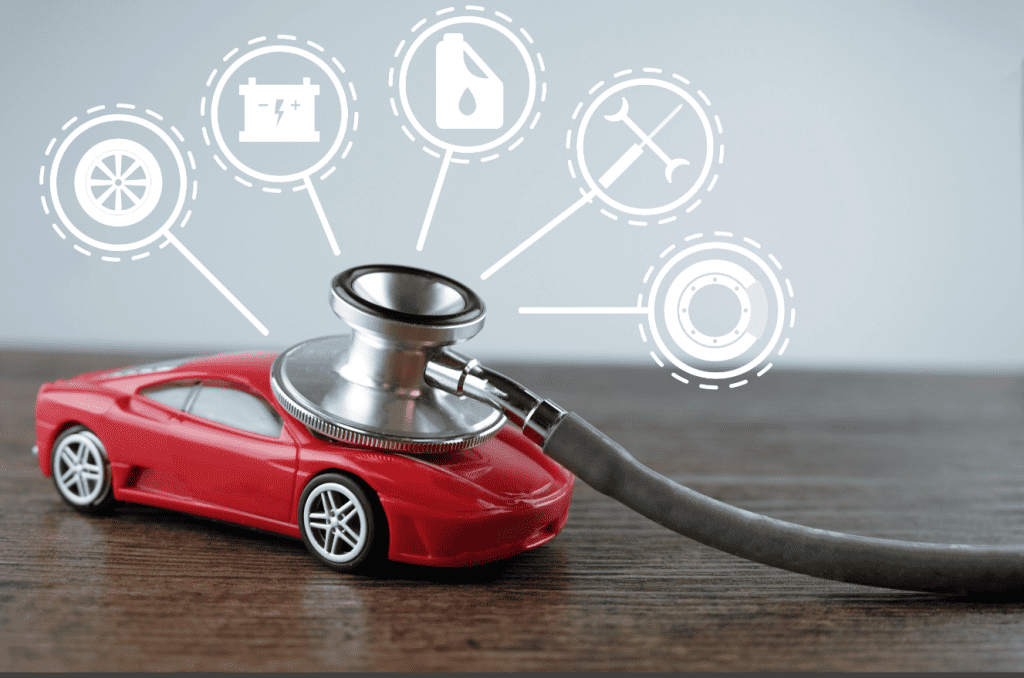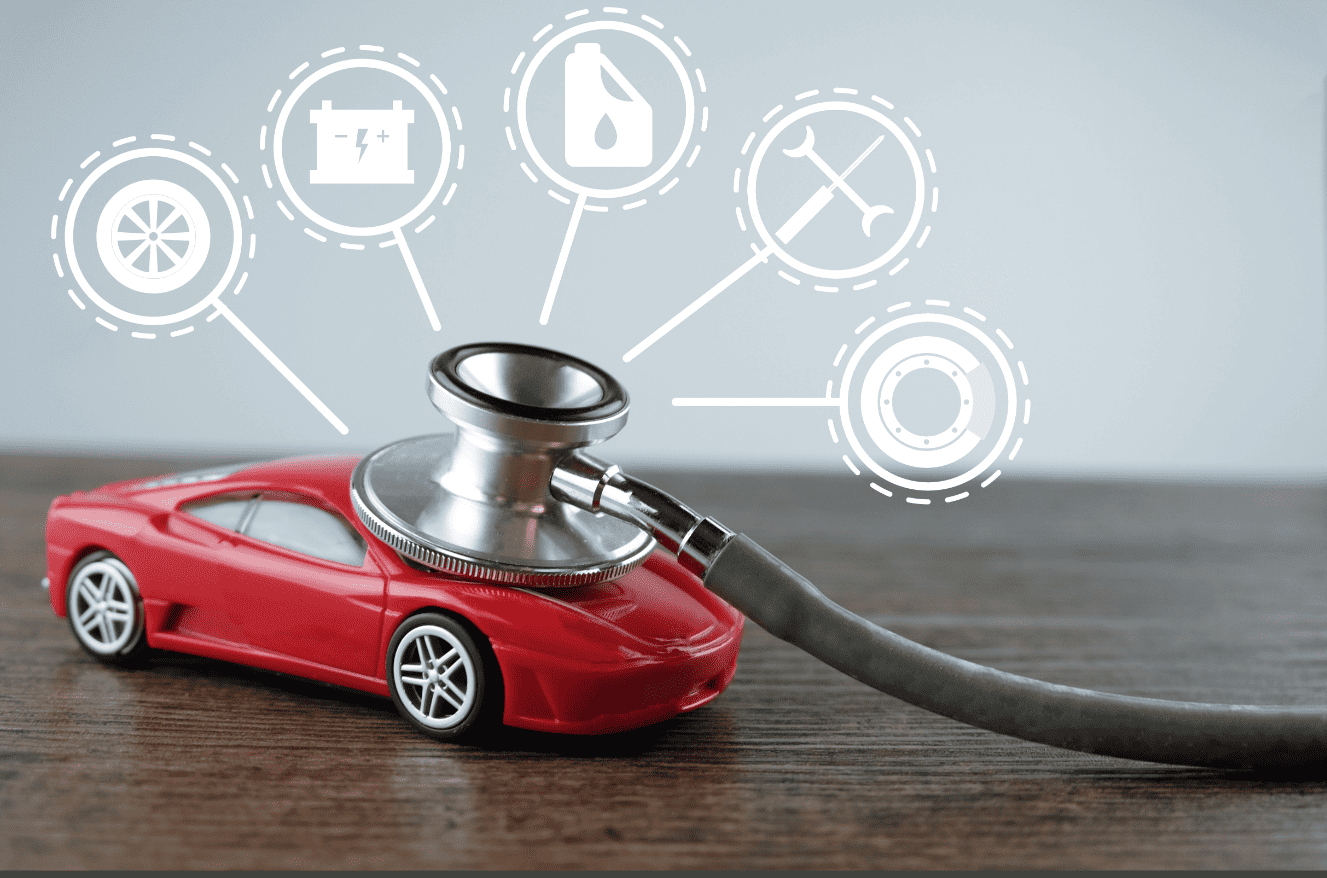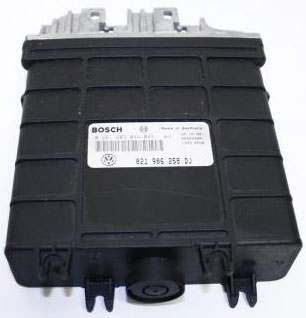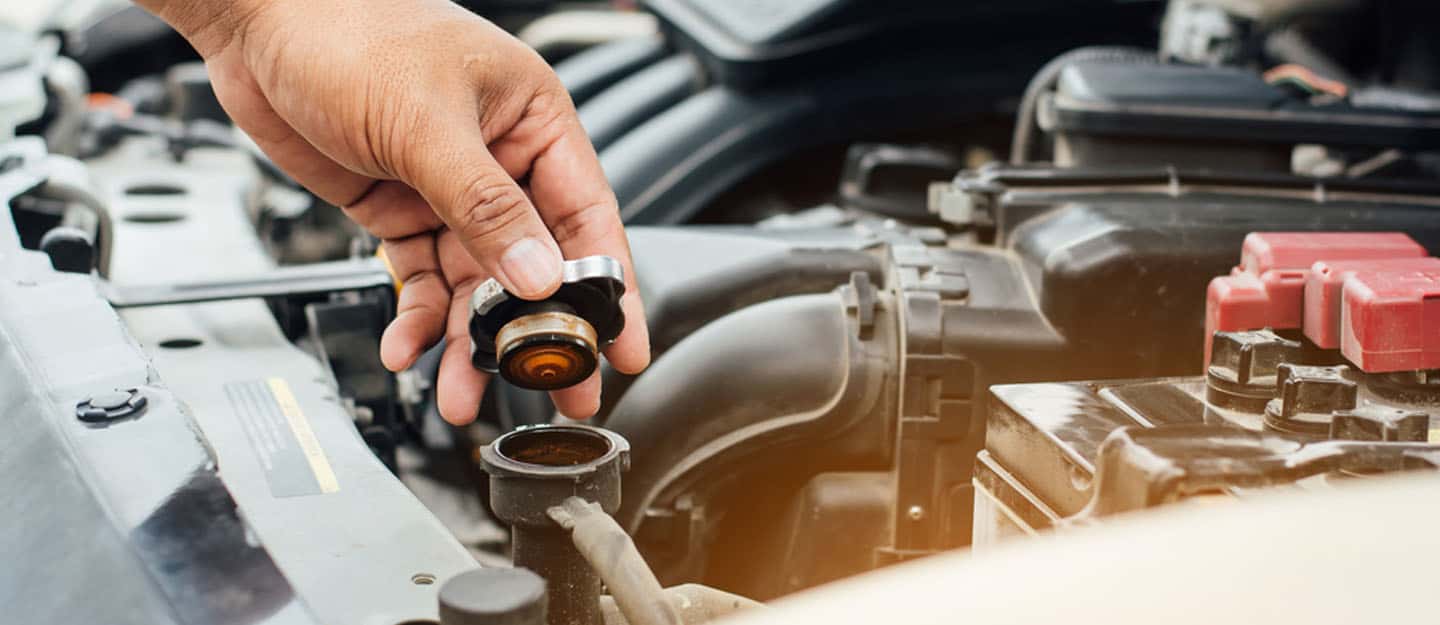Maintaining your automobile is a year-round habit, but during the summer when the state of the roads also changes, it becomes extremely crucial. Here are 5 preventative maintenance suggestions you should keep in mind as the weather cools off to help keep you and your car safe as the seasons change. It’s essential to maintain your automobile during the summer to ensure peak performance and head off any potential problems. Here are some suggestions for preventive maintenance to keep your car in great condition this summer:
Tyres
Because they will change as the seasons do, tyres are an essential component of seasonal preventative maintenance. You’ll need assistance changing between summer and winter tyres and making sure that everything lines up evenly for smooth and safe driving, whether you decide to drive on all-season tyres until the snow and ice start to fall or decide between a pair of summer and winter tyres depending on the weather.

Regularly check the tyre pressure and maintain it in accordance with the manufacturer’s recommendations. In addition, check the tread on the tyres for any signs of wear and replace them as necessary.
As summer gives way to fall and fall ushers in winter’s ice and snow, it’s not just time for a new set of tyres. Your tyres also need to be rotated and aligned on a regular basis. Your tyres’ tread deteriorates over time, typically more on one side than the other. As a result, driving may become uneven, and it may become challenging to steer properly. Regular tyre rotation ensures that the tread wear is even, which improves vehicle performance and lengthens the life of your tyres.
Read more: Benefits of car servicing & what is the average car service cost in the UK?
Oil Change
It should come as no surprise that the spring and summer might result in the accumulation of more dust and debris within your car. During these warm months, environmental elements that affect the health of your car, such as dry, dusty roads, rain, insects, and other environmental factors, are more intense, therefore it’s a good idea to get an oil change. In addition to your oil becoming dirty over time, the heat from the long summer months can hasten the fluid loss in your car. Your car’s oil will eventually clump and stick, making it unusable. An oil change should be performed every six months or 10,000 miles. Make sure the engine oil is at the right level and replace it if it is soiled or needs to be changed. The engine might experience additional stress in hot weather, therefore keeping the oil clean is crucial.
Brake inspection
Any time of year is an excellent time to have your brakes inspected because ice and snow reduce stopping power. The calliper, rotor, drum, and pads will all be examined by your mechanic to make sure everything is in working order. This is the ideal time to update your brake pads if you haven’t in a while. Put those new brake pads in place so your automobile will have the best chance possible of coming to a clean stop when it needs to brake. You’ll be happy you did when the roads are slippery. Examine the braking rotors, pads, and fluid levels. Have your brakes checked by a professional if you hear any strange noises or if your brake pedal feels spongy.
Heating and air conditioning
You’ll need a car that can maintain a comfortable temperature as the weather changes. Therefore, seasonal transitions are a good opportunity to get your heating and AC systems examined, whether you’re transitioning from the cosy spring months into a sweltering summer heat or from crisp fall days into a frigid winter wind. To ensure that your car is warm and toasty in the winter and cool and comfortable in the summer, your mechanic will perform a visual inspection, check for any leaks or issues with fluids and vents, and perform minor repairs. Check the condition of the hoses, radiator and coolant levels. If your vehicle’s maker advises it, flush the radiator and replace the coolant as needed. Before the heat of the day arrives, make sure your car’s air conditioning system is operating properly. Check the cooling and airflow; if there are any problems, have an expert fix it.
Tune-Up
Unsure of which component of your car needs the most attention? A tune-up is an excellent way to relax before the weather and seasons change. To ensure that your car will safely drive you where you need to go, your mechanic will check for default codes and note any issues with the ignition, battery, or engine. What is checked and what isn’t checked during a tune-up isn’t standardised; it varies from shop to shop. At Glenn’s Auto Repair, we put forth a lot of effort to identify any issues early on and address them during your tune-up so you won’t have to worry about them later.
- Keep an eye on the battery because automotive batteries can suffer in hot temperatures. Look for corrosion on the battery terminals, and clean them if necessary. Consider having your battery examined or changed if it is weakened or older.
- Look for wear, cracks, or fraying on the belts and hoses when inspecting them. If they appear damaged, replace them since hot weather could make them worse and possibly cause a breakdown.
- Keep the car clean by regularly waxing and washing it to guard against sun damage to the paint. Clean the undercarriage as well to get rid of any collected dirt or debris that could lead to rust.
- Check all of the lights, including the headlights, taillights, brake lights, and turn signals, to make sure they are all working properly. If any bulbs burn out, replace them right away.
- Carry a first aid kit, a spare tyre, a jack, jumper cables, a flashlight, extra water, and other necessary goods in your emergency bag. In the event of a breakdown or emergency, these supplies can be quite useful.



